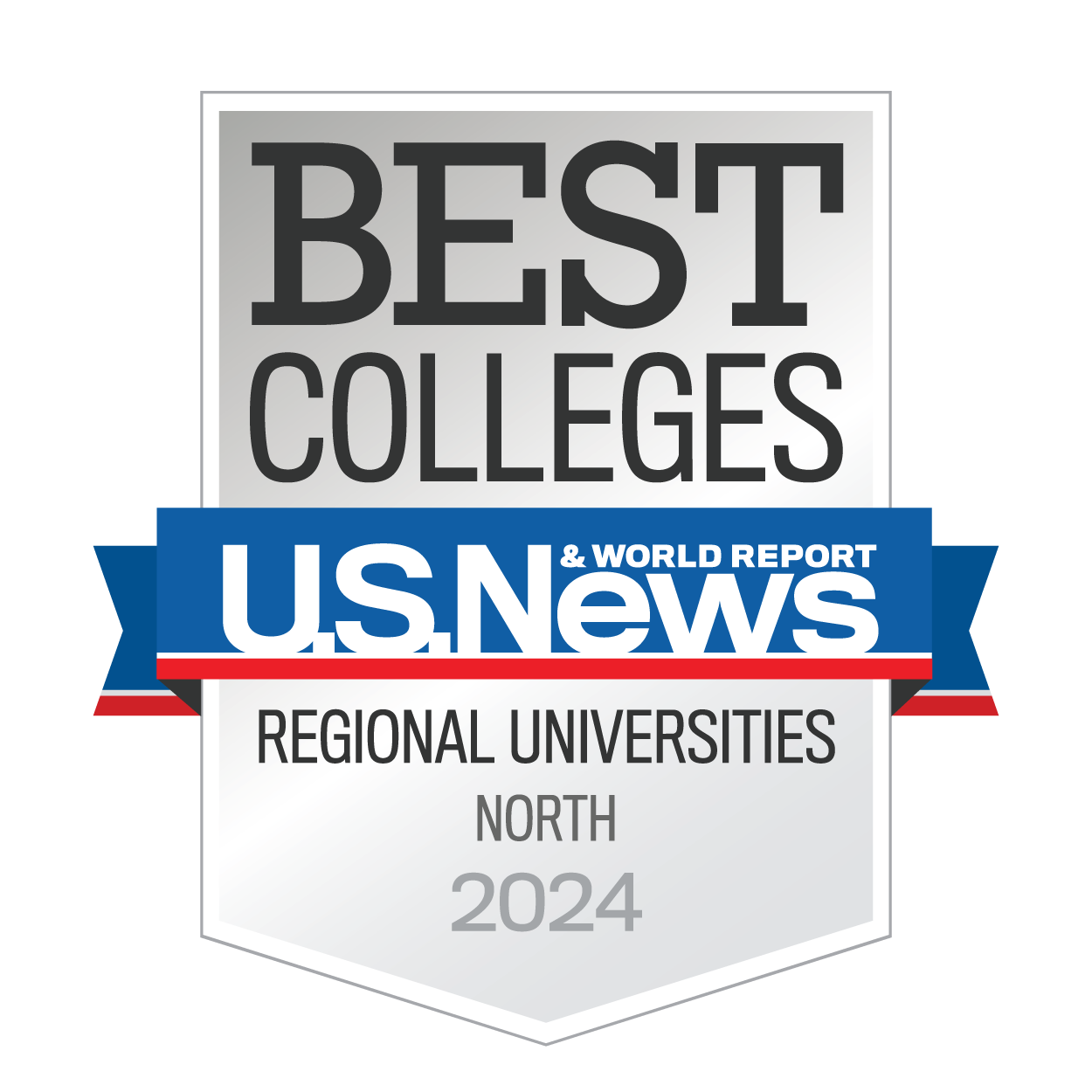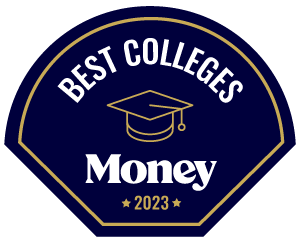Add-On License in Early Childhood Education
Earn the license you need to advance your career and specialty skills in education.
Add-On License in Early Childhood Education
Our 20-credit Add-On License in Early Childhood Education is designed for teachers who have already obtained an Initial License or a Professional License and seek to expand or “add-on” to their current credential. Our Add-On License in Early Childhood Education prepares you to work in grades Pre-K through grade 2.
Your program includes five 4-credit courses.
This program is approved by the Department of Elementary and Secondary Education and is aligned with the Massachusetts Professional Standards for Teachers and Subject Matter Knowledge requirements.
Learn more about Merrimack’s Add-On License in Early Childhood Education.
Key features of our Add-On License in the Early Childhood Education program include:
Five (5) online courses
You achieve 20 credits through five convenient self-paced online courses – each is eight weeks in length and is worth four credits.
Internship
You are required to complete an internship under the supervision of your building principal.
Immersion Events
You and other students in your program have the option of gathering together during your program for immersion events (e.g., seminars, guest speakers, and networking events) to connect in person with your peers, faculty and leading educators in the field.
What Skills Will You Develop?
To earn your add-on license in Early Childhood Education you will take 20 credits with 5 four-credit courses.
This course will introduce students to the biological, cognitive, and socio-cultural theories of early childhood education from the period of prenatal growth through age eight. This course will examine topics including prenatal growth, infant health, language development, childcare and schooling, play, family life, learning assessment, differentiated instruction, and multicultural perspectives of early childhood development as relevant to educational practice. Students will engage in a comprehensive curriculum assignment that will encompass all areas of child development demonstrating their full understanding of the importance of quality early education.
This course introduces students to the foundations of teaching reading as defined by the National Reading Panel Report (NRPR). The foundational areas are phonemic awareness, phonics, fluency, vocabulary, and comprehension. The course uses these areas of study as a framework from which to address several other topics such as assessment (formal and informal), models of teaching reading/language arts, the writing process, and the developmental stages of reading, writing and spelling. Students will be expected to develop comprehensive standards-based units giving evidence of their understanding of curriculum, instruction, and assessment in the early childhood years.
This course focuses on the fundamental principles and concepts taught in pre-kindergarten through grade two mathematics that includes number sense, numeration, patterns, geometry, measurement, and data analysis. Prospective teachers will learn how to develop and coordinate learning objectives, assessment techniques, and instructional methodologies according to the principles of how children learn mathematics. The Standards of Mathematical Practice will be addressed through math content applied to real-life problem solving, communication, and decision making.
Students in this program earn their degrees by demonstrating their skills, knowledge, and understanding of important concepts through a series of carefully designed assessments based on the course materials found in your online course learning management system and e-Book. This course does not require synchronous class meetings. Material traditionally provided through in-class lectures is available through class notes and readings in this online course. Progress through your degree program is governed not by classes, but by satisfactory completion of the required assessments that demonstrate your mastery of the competencies.
This course provides an overview of the challenges that students with moderate disabilities encounter in their lives. The class will explore how disabilities are identified, what necessary steps are taken to refer students for evaluations in the Special Education process, characteristics of students with disabilities, general issues of evaluation approaches, and research-based accommodations and interventions including the use of assistive technology devices and behavioral interventions. State and federal laws as well as an overview of local and national support agencies are also reviewed.
Tuition and Financial Aid
Add-On License in Early Childhood Education
$579
per credit*
12
credits
$6,948
tuition
*Tuition based on 2023-2024 academic year.
Tuition and fees are subject to change annually.
Additional program fees may apply.
Financial Aid
As a graduate student, you may qualify for federal support in the form of loans. We strongly encourage all eligible graduate students to apply for federal financial aid, even if they don’t demonstrate an exceptional financial need.
Complete the Free Application for Federal Student Aid (FAFSA).
Merrimack College’s FAFSA school code is 002120.
Employer Tuition Assistance
Merrimack accepts employer financial/tuition assistance. We also offer partnership discounts. Contact us or ask your employer whether your organization is an official partner with Merrimack’s online programs.
It’s Easy to Apply Online
A complete application includes:
- Online application (no fee).
- Official college transcripts from all institutions attended.
- Resume.
- Interview or Personal statement.
- Contact information for one reference or one letter of recommendation.
GRE and GMAT scores are not required.
Key Dates and Deadlines
This program enrolls six times a year. Each term is eight weeks.
Merrimack College
Accolades and Accreditation
At Merrimack College, we’re proud of our long history of providing quality degrees to students entering the job market. Our faculty are more than just teachers. We are committed to helping you grow — academically, personally and spiritually — so that you may graduate as a confident, well-prepared citizen of the world.
U.S. News & World Report | Best Regional Universities North (2024)
- Most Innovative Schools (No. 14)
- Regional Universities North (No. 33)
- Best Undergraduate Teaching (No. 31)
- Best Undergraduate Engineering Programs (No. 86)
(at schools where doctorate not offered) - Best Colleges for Veterans (No. 14)
- Best Value Schools (No. 47)
NECHE-Accredited
- Merrimack College is accredited by the New England Commission of Higher Education (NECHE).



Tell me more about Merrimack’s online programs.